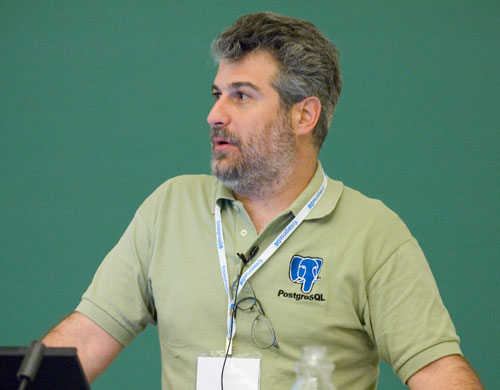|
||
|
|
||
|

 |
| Mastering Postgres Administration: Bruce Momjian |
With more than 200 events submitted and approximately 80 slots to be filled, this has been the most difficult schedule to arrange in the history of PostgresConf. By far, the majority of content received we wanted to include in the schedule. It is that level of community support that we work so hard to achieve and we are thankful to the community for supporting PostgresConf. There is no doubt that the number one hurdle the community must overcome is effective access to education on Postgres. The US 2018 event achieves this with two full days of training and three full days of breakout sessions, including the Regulated Industry Summit and Greenplum Summit.
Join the fantastic and growing Postgres community in Cape Town, South Africa for a single day event on October 3rd, 2017! The event is being hosted by fellow Postgres advocates who travel from South Africa each year to attend our National Event in order to increase their knowledge of Postgres and be a part of the community. This year they are joining us and making a commitment to build out our International community and conferences!
PostgresConf US 2018 is in 9 days. Here is the obligatory "Buy your tickets" reminder! If you look around (a Google search of Gold sponsor Google Cloud is a good place to start) you will find a lot of discount codes.
In 2017 we launched a community wide effort to better recognize contributors for not only the conference but the wider Postgres Community. We continued this effort in 2018 and are pleased to have many speaker profiles available, with more being published every day:
